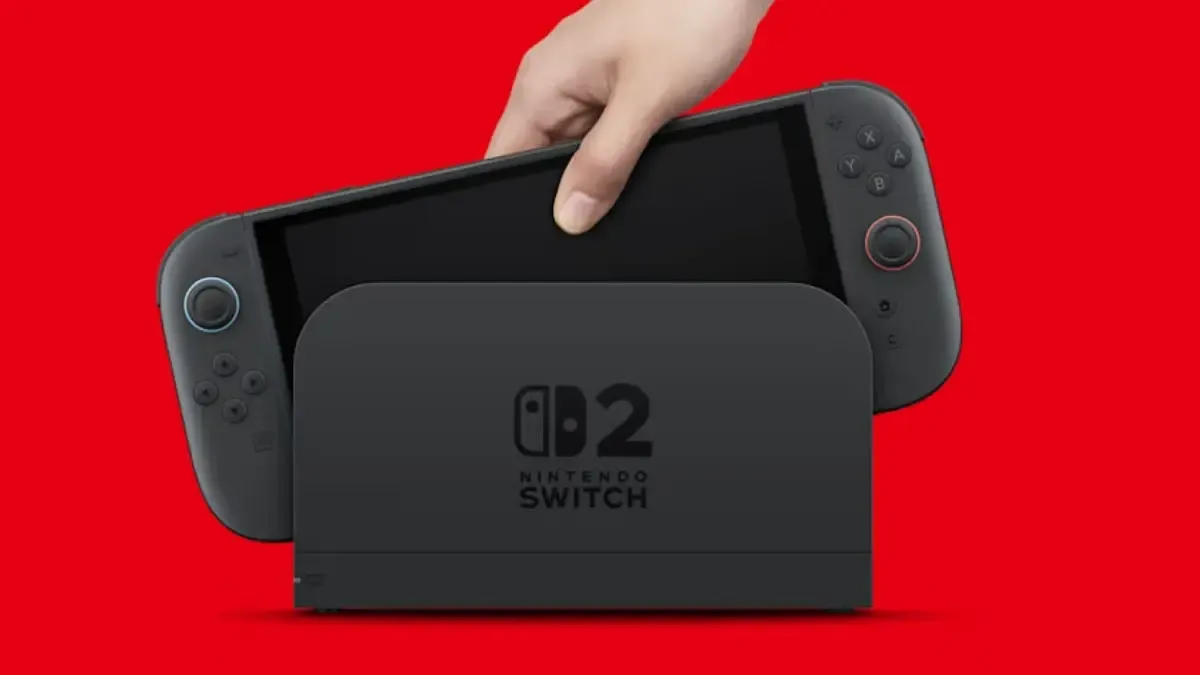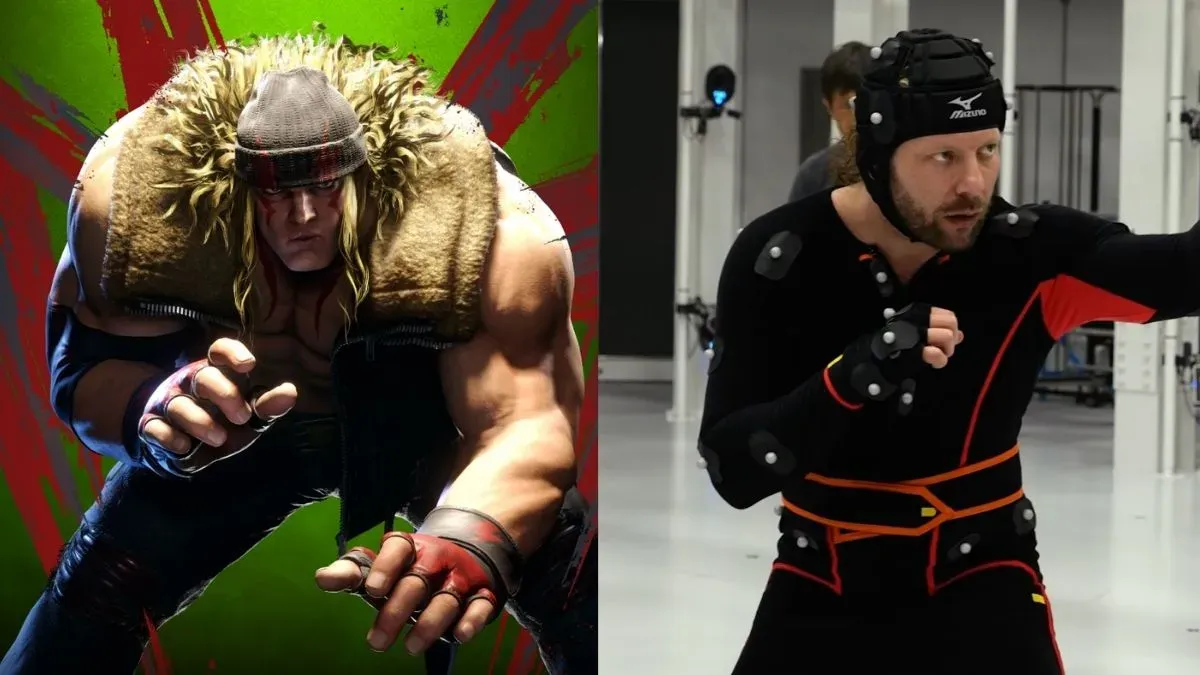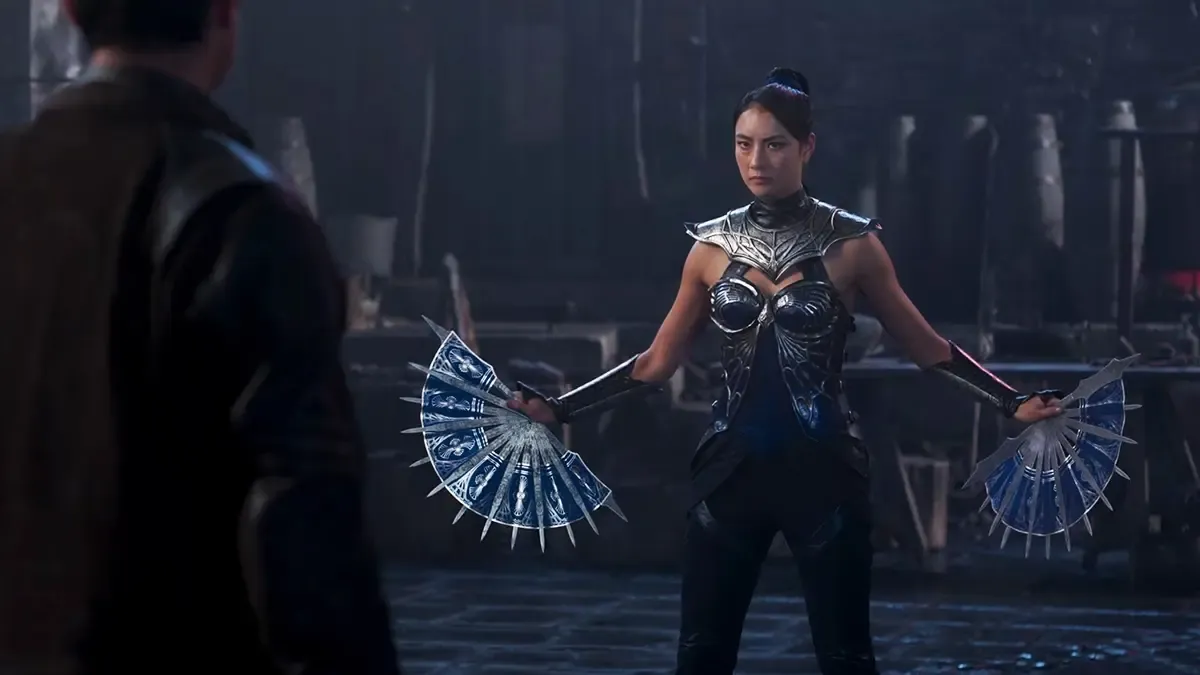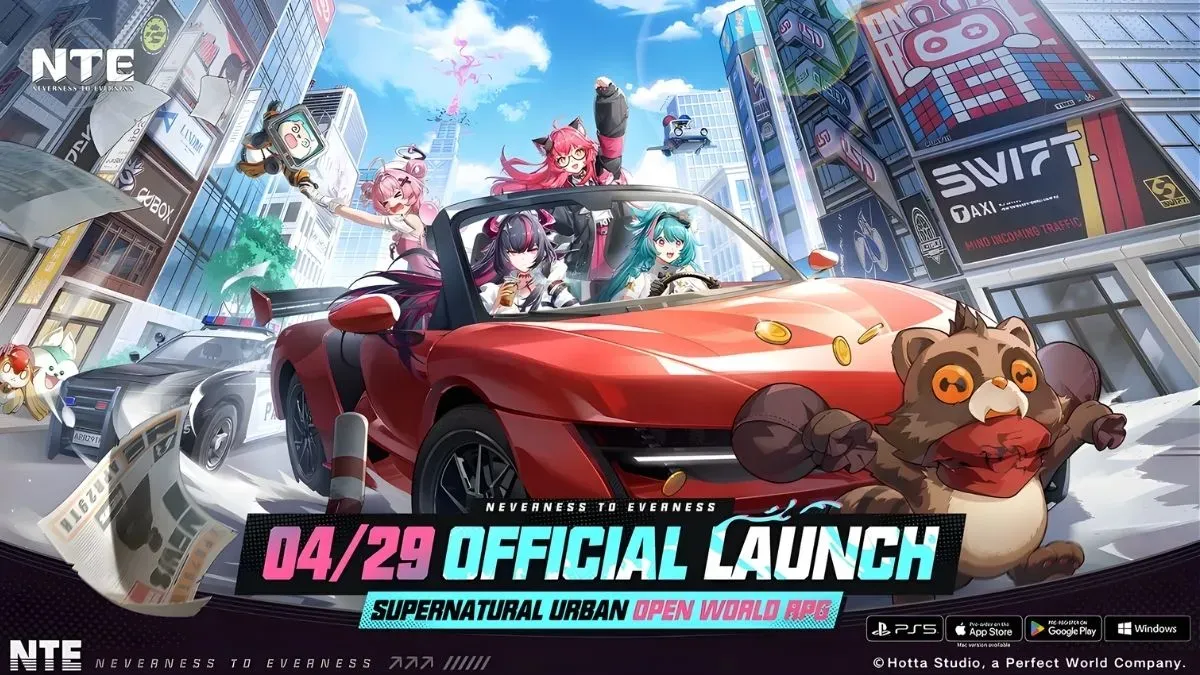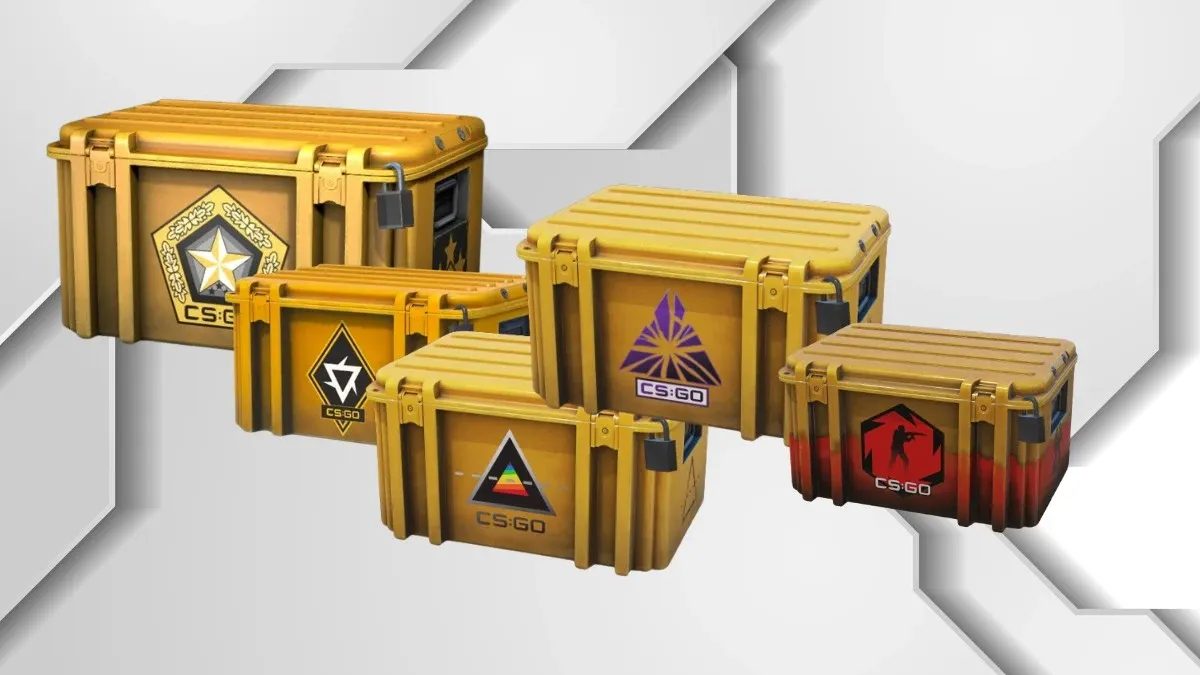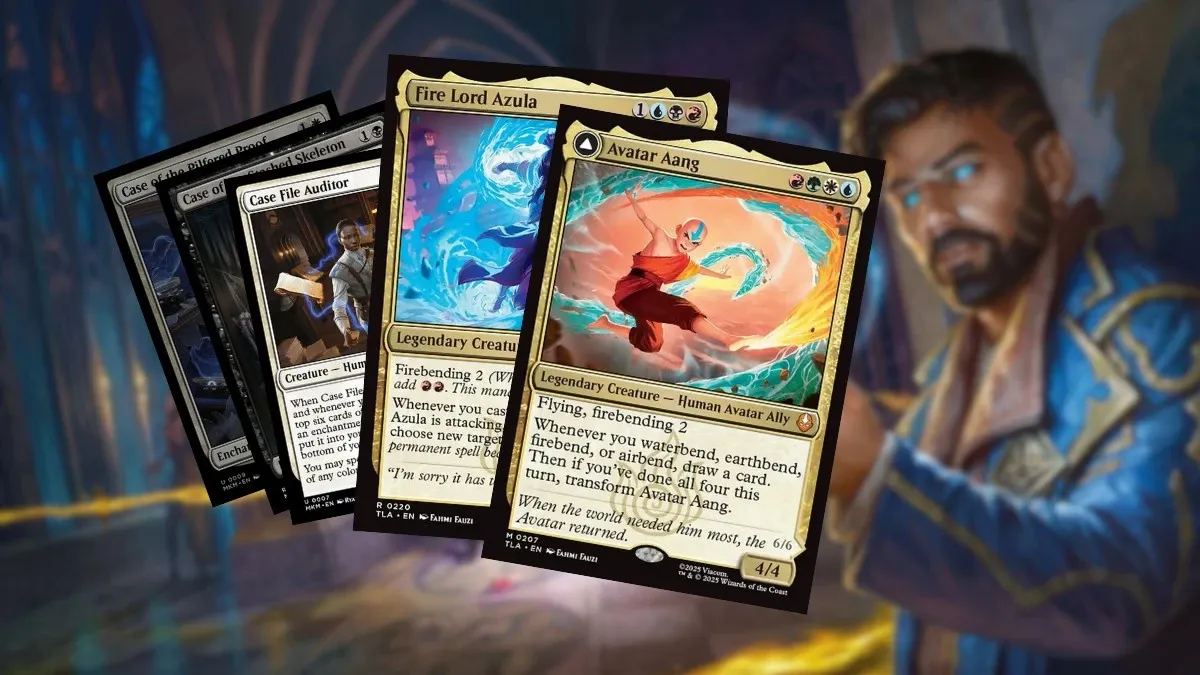Nintendo has 20 days to respond to Procon-SP in Brazil.
Nintendo is facing regulatory pressure in Brazil, after the state consumer agency Procon-SP demanded revisions to the company’s user agreement. The dispute centres on Nintendo’s ability to permanently block consoles from online services, a practice often referred to as “bricking”.
In a press release on 25 June, Procon-SP raised concerns over several clauses in Nintendo’s end-user licence agreement, describing them as potentially “abusive” under Brazilian consumer law. One of the key issues is the company’s ability to cut off access to services like the eShop and online multiplayer when it suspects a user has violated its terms, such as by using unauthorised accessories or pirated software.
Bricked consoles display the “2124-4508” error code and are left entirely offline. Although they still function for local play, affected devices often end up being resold without the buyer knowing they’ve been banned, creating problems in Brazil’s second-hand market.
Procon-SP argues that such restrictions, especially when done without explanation or due process, go against the protections laid out in the national Consumer Protection Code. The agency has formally requested that Nintendo revise the contract terms.
Procon-SP warns that Nintendo’s lack of legal presence in Brazil limits consumer protection
One of the central challenges in the case is Nintendo’s lack of formal legal presence in Brazil, especially in digital services or foreign platforms,” said Álvaro Camilo, Director of Service and Guidance at Procon-SP. “Without this base, Procons cannot fully operate, as laws vary between countries.”
Procon-SP stressed that this legal gap affects more than just complex disputes. Even common problems such as faulty products, service interruptions or refund issues can be difficult to resolve when a company has no registration, address, or support team in Brazil.
With cross-border e-commerce growing rapidly in the country, the agency has advised consumers to check for basic details like a CNPJ (Brazilian company registration), local service channels, and a physical address before making purchases. This is particularly important when buying electronics, gaming accessories, or digital goods.
Nintendo has 20 days to respond to the request, but has yet to issue a statement regarding the matter.

